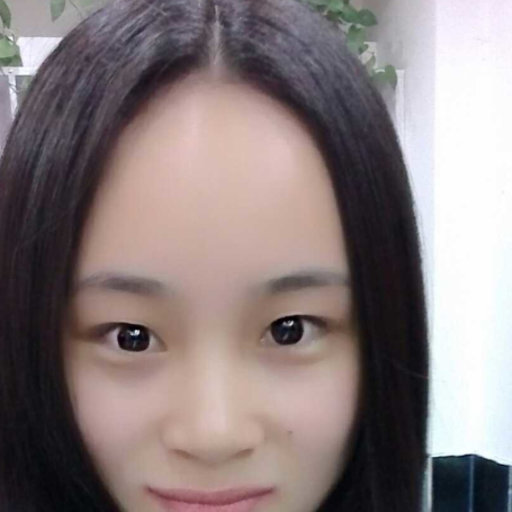
Inhibition of human copper trafficking by a small molecule significantly attenuates cancer cell proliferation. Tetrameric Acetyl-CoA Acetyltransferase 1 Is Important for Tumor Growth. Prevention of Dietary-Fat-Fueled Ketogenesis Attenuates BRAF V600E Tumor Growth. The Dietary Supplement Chondroitin-4-Sulfate Exhibits Oncogene-Specific Pro-tumor Effects on BRAF V600E Melanoma Cells. Mutant and Wild-Type Isocitrate Dehydrogenase 1 Share Enhancing Mechanisms Involving Distinct Tyrosine Kinase Cascades in Cancer.

?-6-Phosphogluconolactone, a Byproduct of the Oxidative Pentose Phosphate Pathway, Contributes to AMPK Activation through Inhibition of PP2A. Lysine acetylation restricts mutant IDH2 activity to optimize transformation in AML cells. Lyso-PAF, a biologically inactive phospholipid, contributes to RAF1 activation. University of Science and Technology of China Two major research focuses include (1) To determine both metabolic and signaling functions of intracellular metabolites and circulating “blood chemicals”, which influence tumorigenesis and tumor progression, and responses to anti-cancer therapies including chemotherapy and immunotherapy and (2) To decipher mechanistic basis underlying the pathogenic links between diets and particular oncogenic mutations by exploring the pro- and anti-tumor effects of diet-derived substances on tumors with specific genetic backgrounds. Chen is interested in elucidating the signaling interplay between metabolic and cell signaling networks for a better understanding of cancer metabolism and improved clinical outcome. She has since completed her studies as a sports psychologist, and has returned to the Chinese mainland to work for the national table tennis team.Dr. Chen, also a medallist at the 1997 (mixed doubles) and 2000 Worlds (team), retired after the Sydney Games.
#Jing jing chen full
In Sydney, 2000, she would again medal, earning a bronze to gain a full collection of Olympic medals.

Chen then rallied to tie the game at 2-2, but eventually lost 3-2. The match was interrupted at 2-0 for Deng, as a Taiwanese supporter carrying the national flag – not allowed by IOC rules as the nation competes as Chinese Taipei – was removed by police. There she played the defending champion, Deng Yaping. In Atlanta, she competed for her new nation, and defeated favorite Qiao Hong to reach the final. She won her first international prize at the 1993 Worlds, earning a silver. In 1991, she started training in Taiwan, and settled there the following year. It would be her final medals competing for the People’s Republic. Chen also won four medals at the 1989 World Championships, bronze in the singles, silver in the doubles, bronze in the mixed doubles, and gold with the Chinese team. She picked up a second medal in the doubles, winning silver with Jiao Zhimin, the individual bronze medallist. She waltzed through the field, not losing a single game until the final, in which she defeated fellow Chinese Li Huifen, 3-2. When table tennis débuted at the Olympics in 1988, the Chinese did not field their highest ranked players, giving Chen a chance at a medal.

Chen Jing is the only Olympian to have won Olympic medals for both the People’s Republic of China and the Republic of China, which competes as Chinese Taipei at the Olympics.


 0 kommentar(er)
0 kommentar(er)
